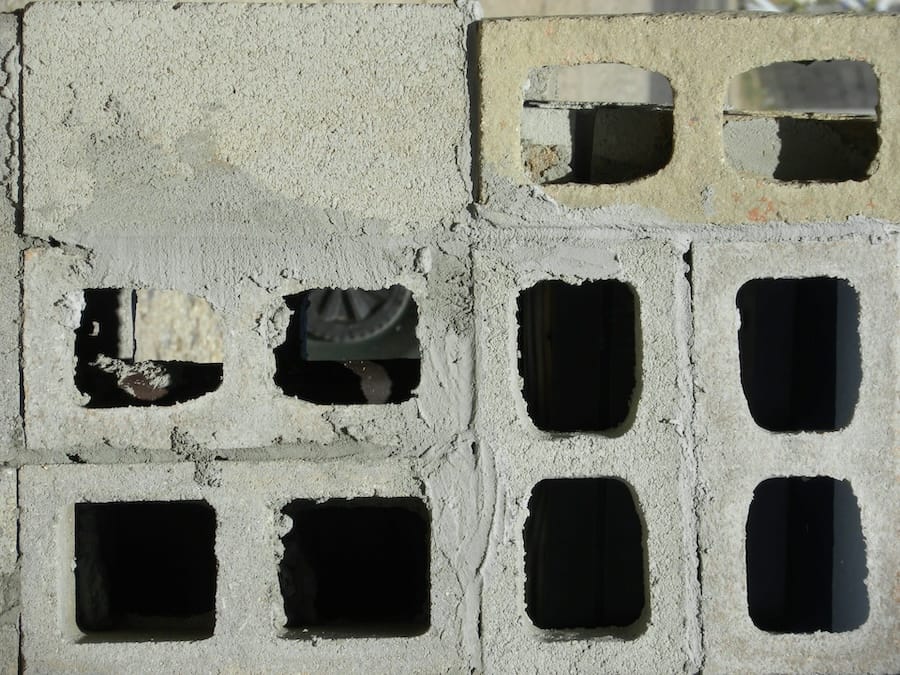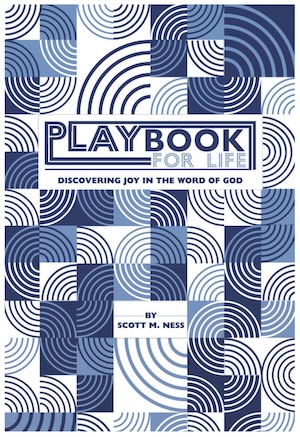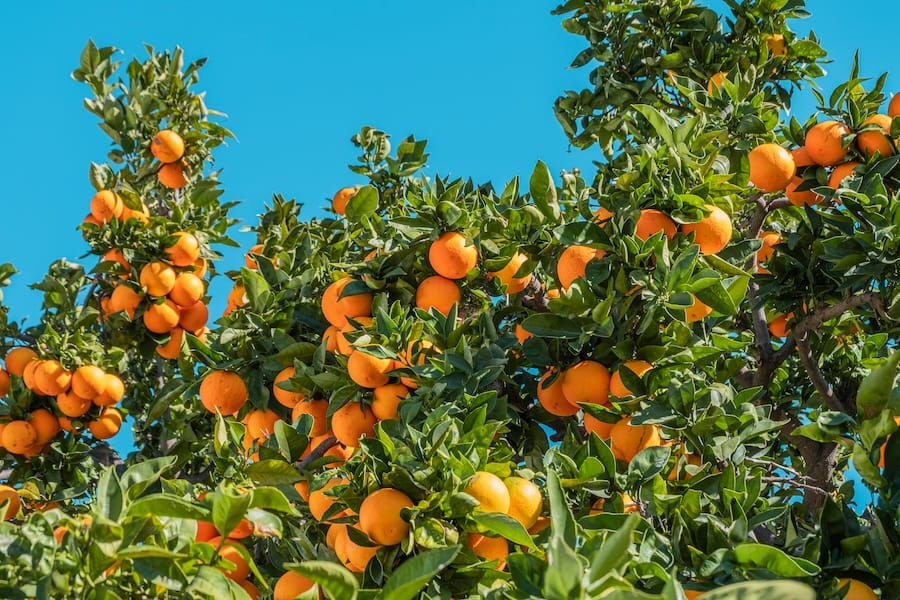
“Arise, shine, for your light has come, and the glory of the Lord rises upon you. See, darkness covers the earth and thick darkness is over the peoples, but the Lord rises upon you and his glory appears over you. Nations will come to your light, and kings to the brightness of your dawn.”
Isaiah 60:1-3
In 2012, Peter Diamandis and Steven Kohler wrote a book called Abundance: The Future Is Better Than You Think. It is a fascinating book that looks, with hope, towards a future where everyone can thrive. To these authors abundance is “not about providing everyone on this planet with a life of luxury—rather it is about providing all with a life of possibility.” Abundance is about providing enough for everyone. And, they get specific about what enough really means.
What does it look like to provide enough for 9 billion people on our planet. Enough clean water. Enough food. Enough energy. Enough access to health care, housing, and education. Throughout the book Diamandis and Kohler share specifics and details about how we are closer to these realities than we have ever been as a planet. And, they get specific about what it would take to have enough of each of these. For instance, enough power to power 4 lights, a small refrigerator, some fans, computers, and cook tops. In essence, a quarter of the power the average American uses each day would be a massive improvement for much of the world. Are we close to abundance.
Both authors have a science and technology background. As such, they tell this story to describe where we are currently in our path towards abundance. Imagine an orange tree that provides enough fruit to feed your family. However, the struggle is you can only reach the fruit that is on the bottom branches of the tree. It isn’t until the technological advancement of the ladder comes along that you can become more efficient in your fruit picking. The advancement of technology plays a big role in providing you enough from that one orange tree. The same is true in each of the various areas that are needed to help people thrive.
Did you know that over 2 million people die each year from pneumonia across the globe? The medication that treats pneumonia is actually really inexpensive and is also very common—it isn’t that special and it doesn’t need refrigeration. Even still, over 2 million people die each year from this disease (under 50,000 Americans). Why? The problem is diagnosing the disease, not treating it. You need to know what you are fighting in order to treat the ailment, right? Dimandis and Kohler describe that one of the best technological advancements in health care, especially for nasty, yet treatable, illnesses like Pneumonia is “Lab on a Chip” technology. With a drop of blood, these small devices can diagnose diseases and point towards healing paths with simplicity, easy, and with far less expense. The “LOC” technology is providing a “life of possibility” in the realm of health care in remote parts of Africa, India, and China today. In fact, you’ve likely used a Lab on a Chip technology if you have ever tested yourself of COVID-19 or to see if you are pregnant.
The book continues to explain and show how we are closer to providing clean water to humanity than we have ever been. We are closer to finding ways to turn the most hostile and infertile soil into crop producing land. Example after example of progress and technology has us closer and closer to thriving. Not just for some, but for all.
And yet….
Everywhere we look life seems to be strangled by hardships and challenges. Progress—as much as it is touted as the way forward—seems more like Fred Flintstones car. As hopeful as “Abundance” is, and I found the book to be incredibly hopeful, it failed to include the single greatest variable in our progress towards a life of possibility. Sin. Our human brokenness is like the governor on an engine. It prevents us from finding, creating, and thriving in life on our own. It holds us back; knocks us down; and smacks us across the head. Sin prevents us from living in abundance. It yanks us back down into the gutter of scarcity.
As Tim Killer shares, anyone who has worked to overcome the problem of poverty knows these three things to be true.
- There are deep things wrong in the human heart with the people who have resources and won’t part with them.
- There are deep things wrong in the human heart of those who have experienced poverty, have been hurt by it, and don’t behave in the way they ought.
- There is systemic problems that are sociological systems which are bigger than any individual and they aggravate and support what is wrong in the hearts of the haves and the have nots.
In short, progress and technological advancement is NOT the hope to solve this problem. You will not end poverty with all the ladders in the world to get to all the tops of the orange trees. No significant problem of the human condition can ever be addressed with human resources. You need the grace and goodness of God.
The wisdom of this world and all that it offers is valuable and worth while. But it falls short. It can’t get you home. It doesn’t get you all the way there. “Abundance” was written over a decade ago. All the things they mentioned were readily available or nearly so. Yet, poverty is still thriving in our world today. There are still people who don’t have access to clean and fresh water. In 2025, people don’t have access to clean water! Sure, in remote parts of Africa. But, in our own country as well. The reality is, sin run deeps. Its barbs and thorns wrap around our hearts, souls, and lives. It entangles and ensnares you and me.
No matter how advanced we become; no matter how developed our creations become—there is only one cure for the human heart. Jesus.
We will never get home on our own. We can’t ever get all the way there. That is the beauty of Christmas. And that is the glory of Epiphany—which begins today. This gift given to us as a baby in a manger is revealed to us to be the Messiah. He is the one who comes to us. He comes to you! He is the one who heals you. In Him, even in poverty, you have all you will ever need. In Him, even in abundance, you’ll see that it all falls short compared to Him. This is Jesus. This is Epiphany. The One who was born in human flesh is the One who is the author of life—true life. You can’t get there on your own. But the Good News is Jesus comes to you. And He will lead you home.
Happy New Year indeed! Thanks be to God!
When was a time you thought you had it (whatever ‘it’ might be), but you came up short?
Recent Posts
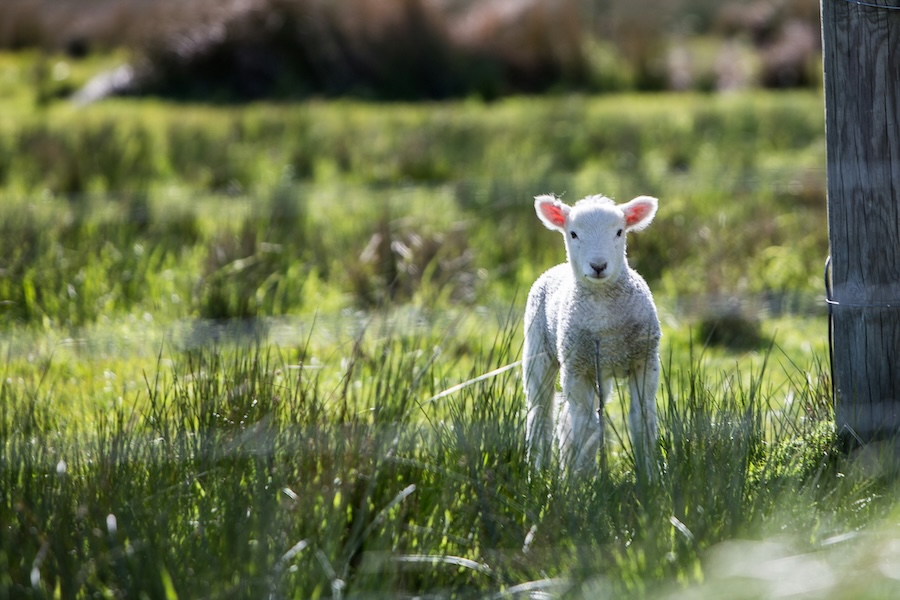
Holy Week and the Blood of the Lamb

Abundance
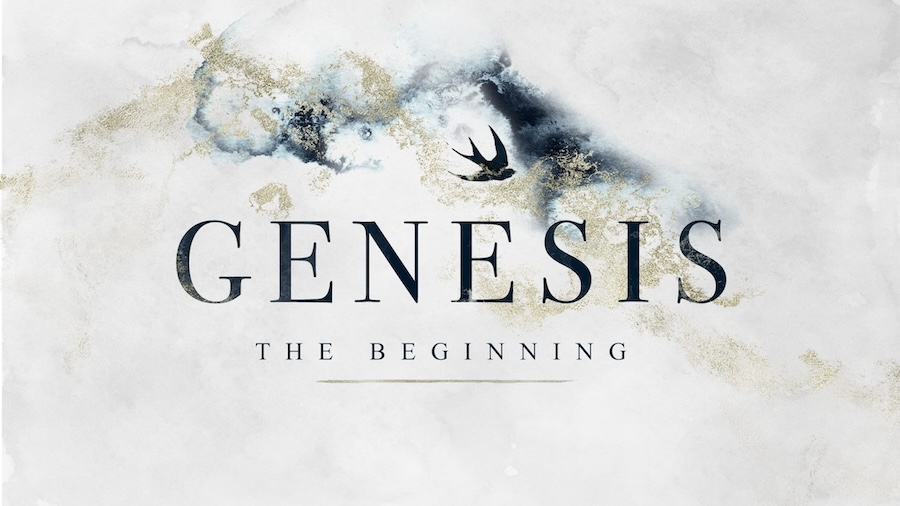
Beginning
